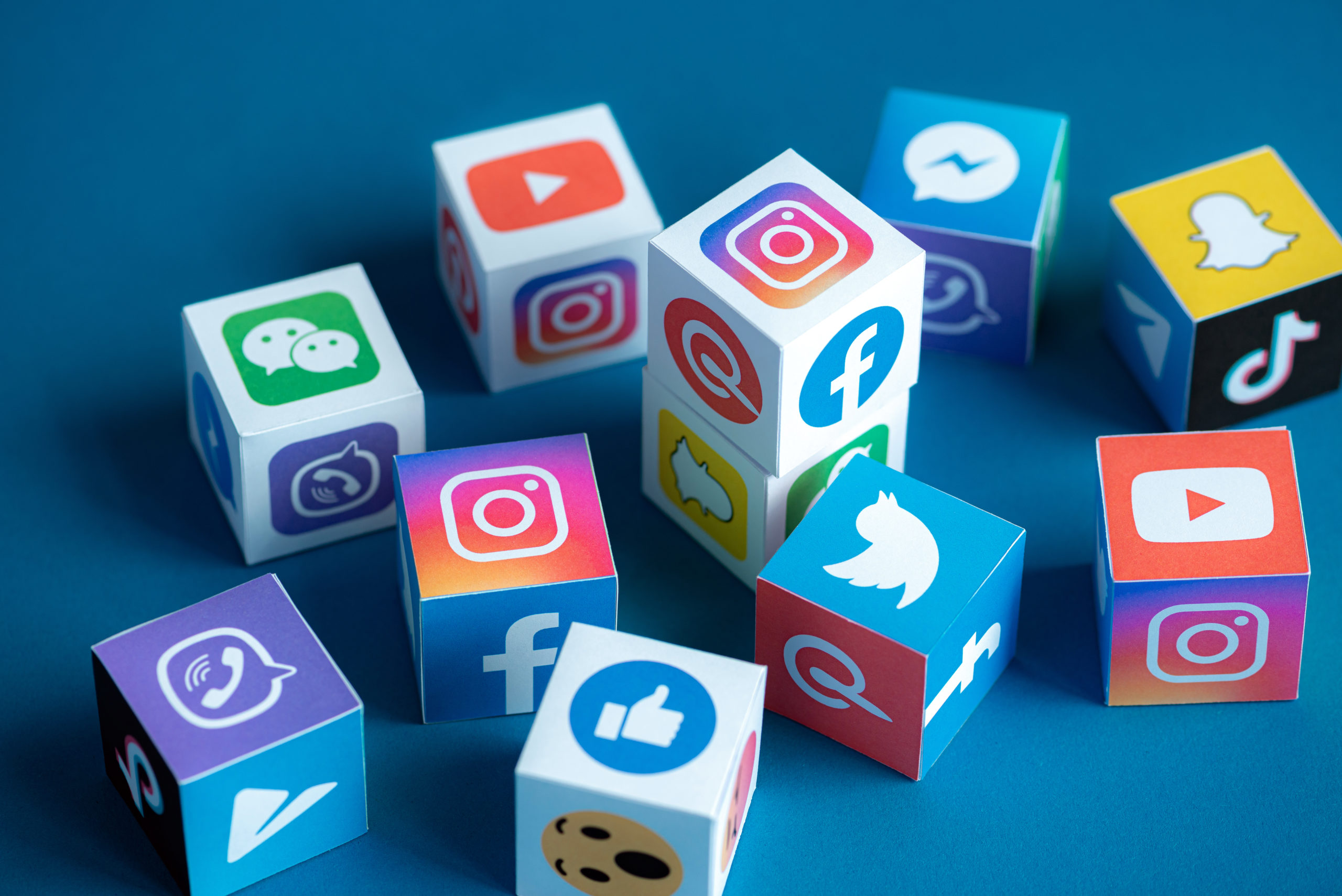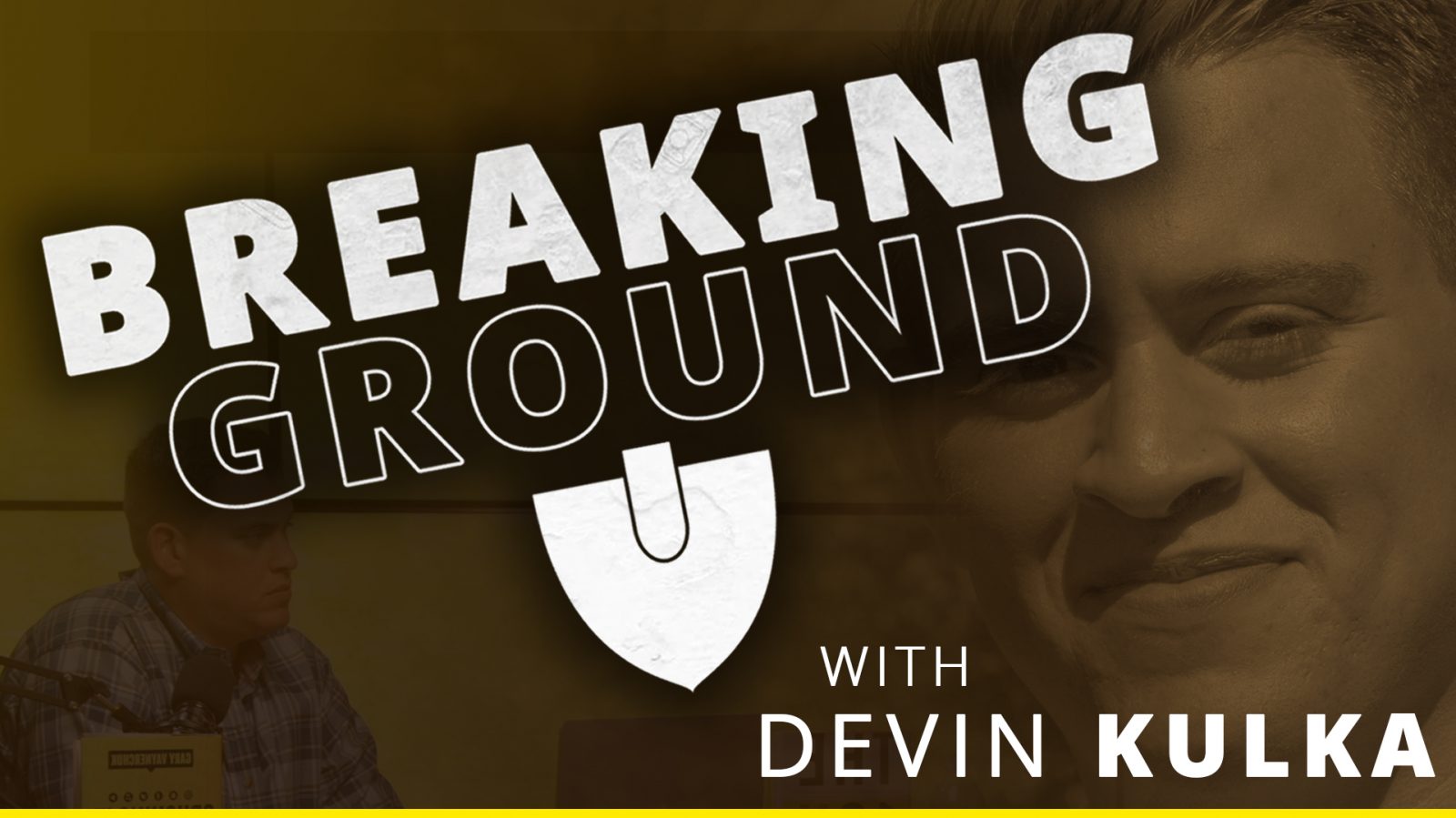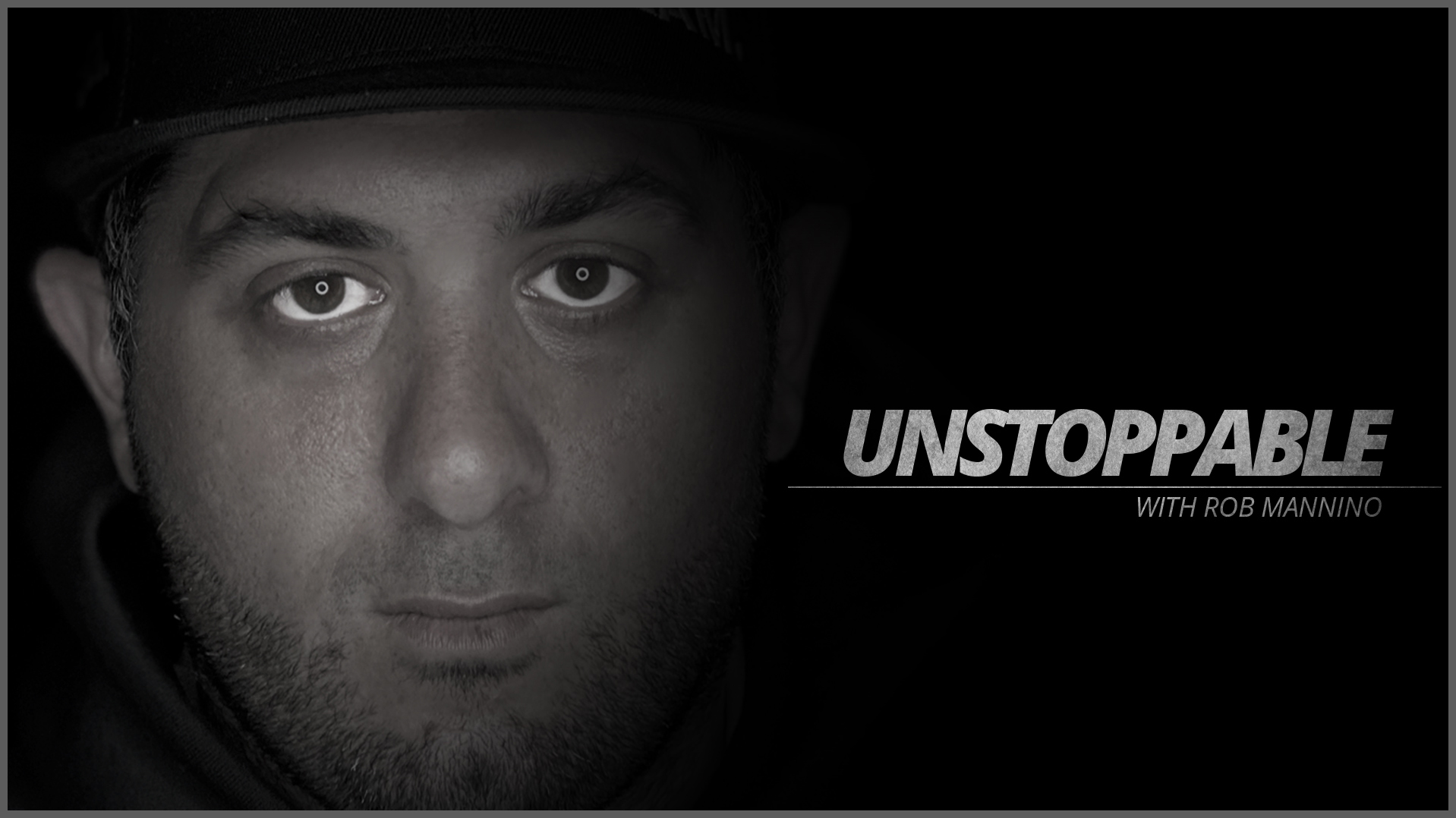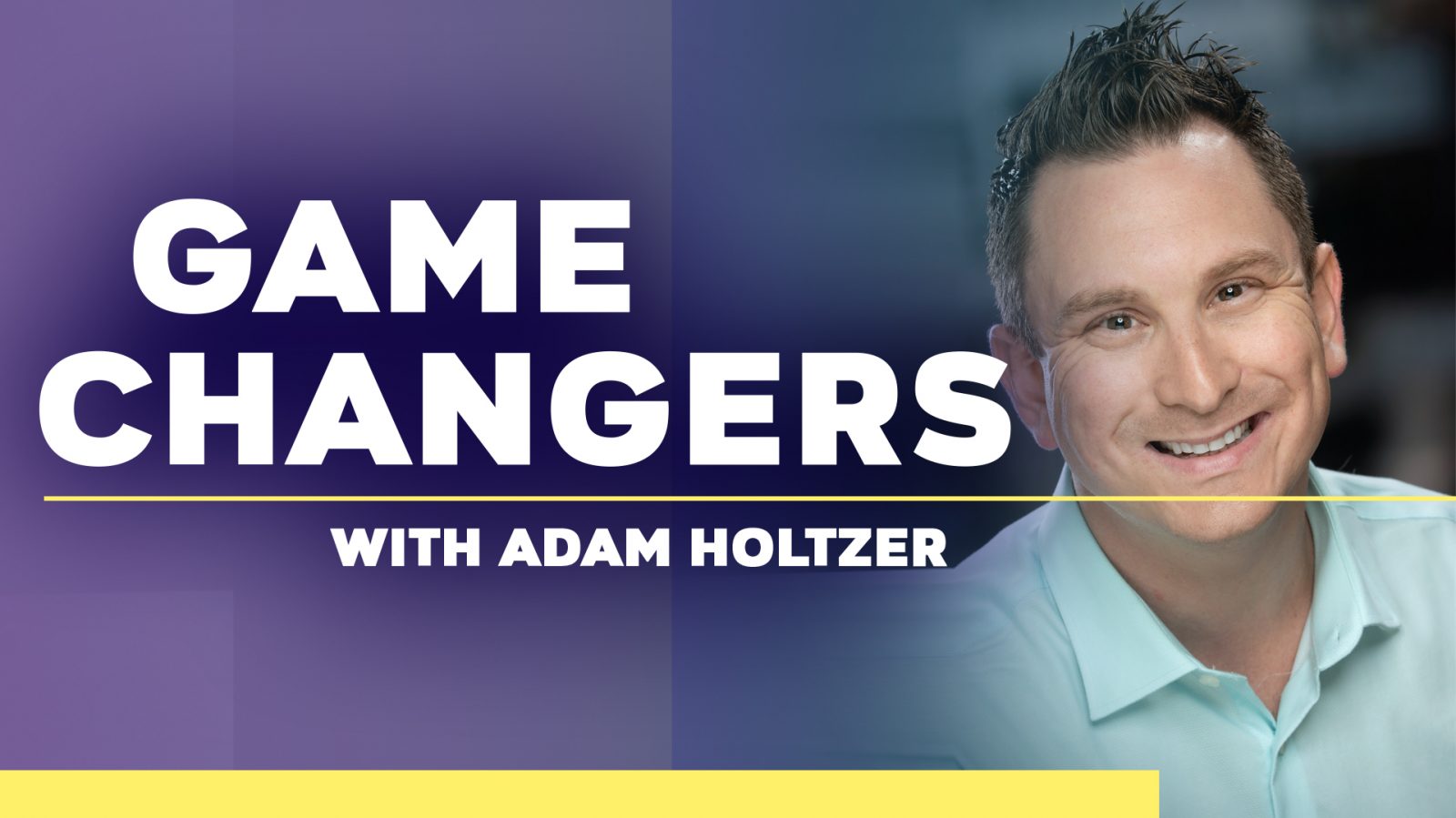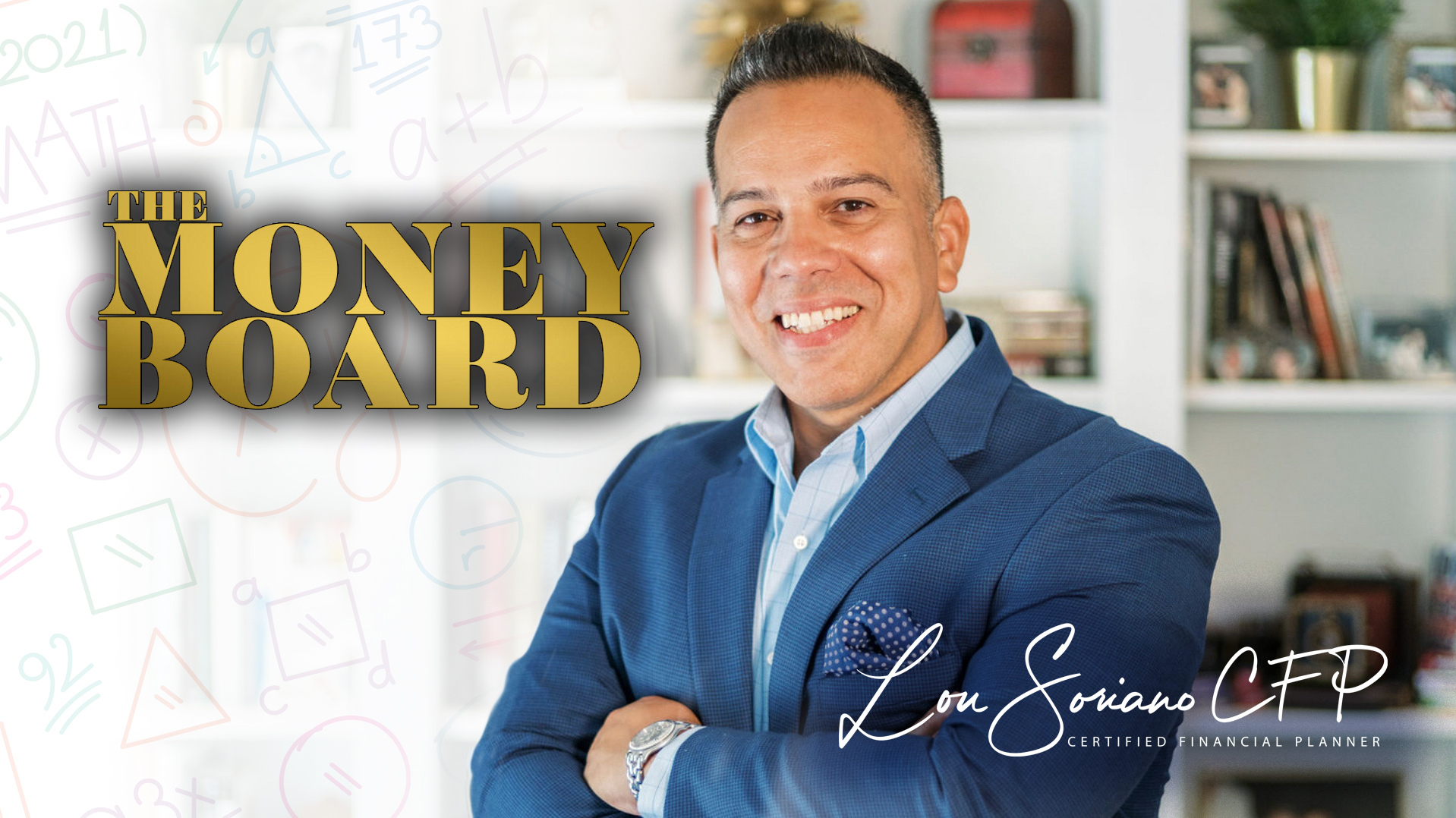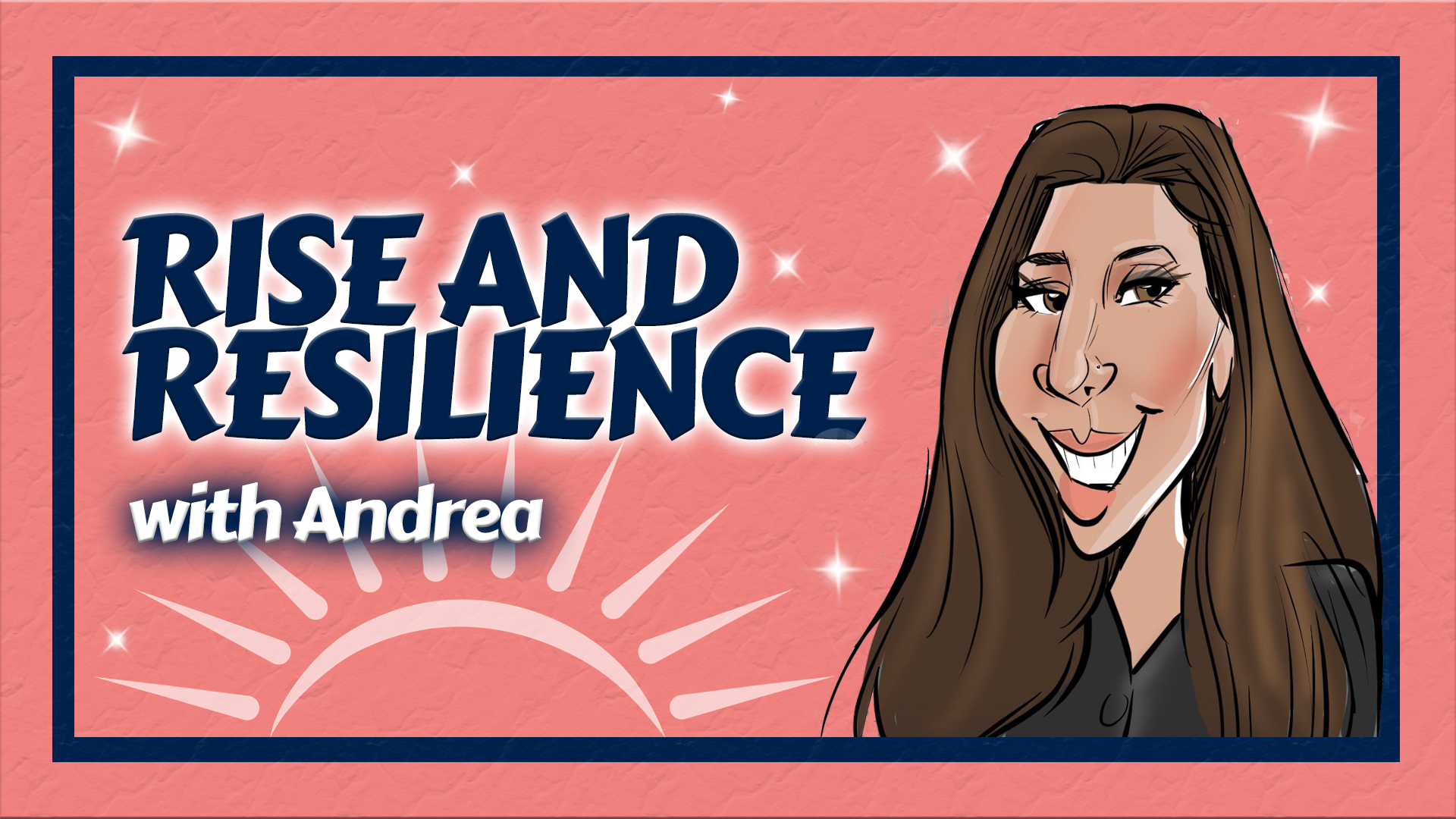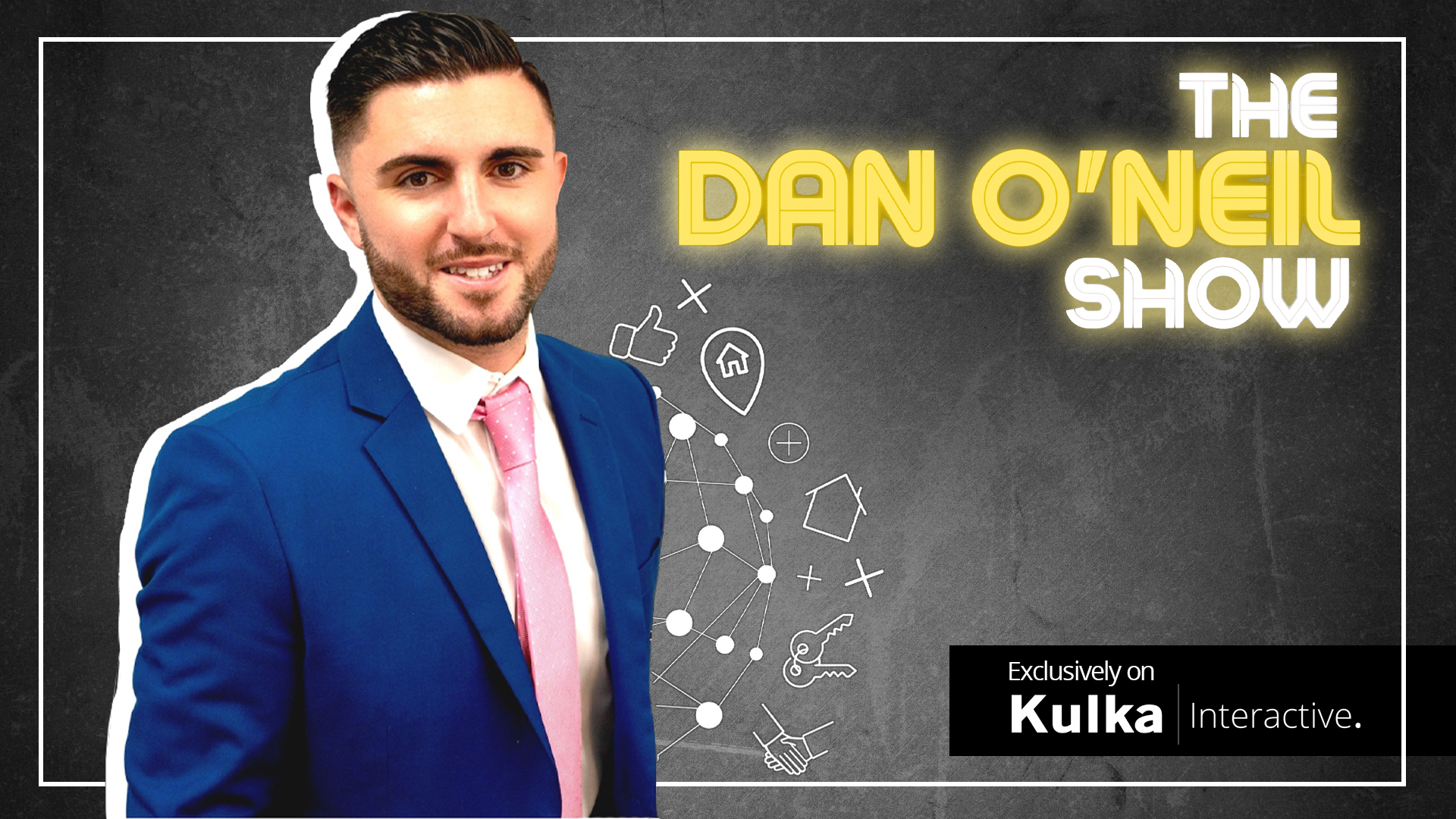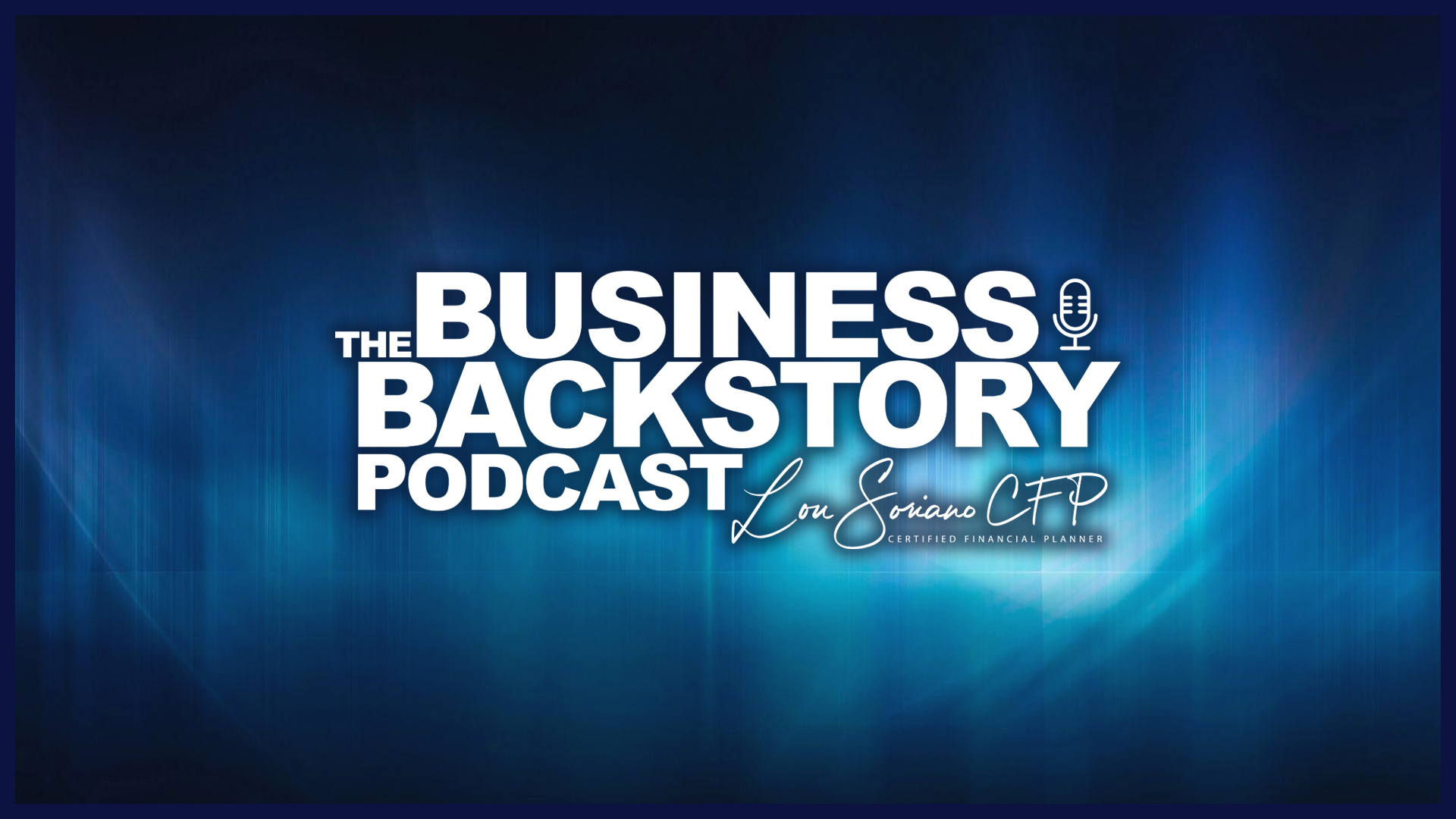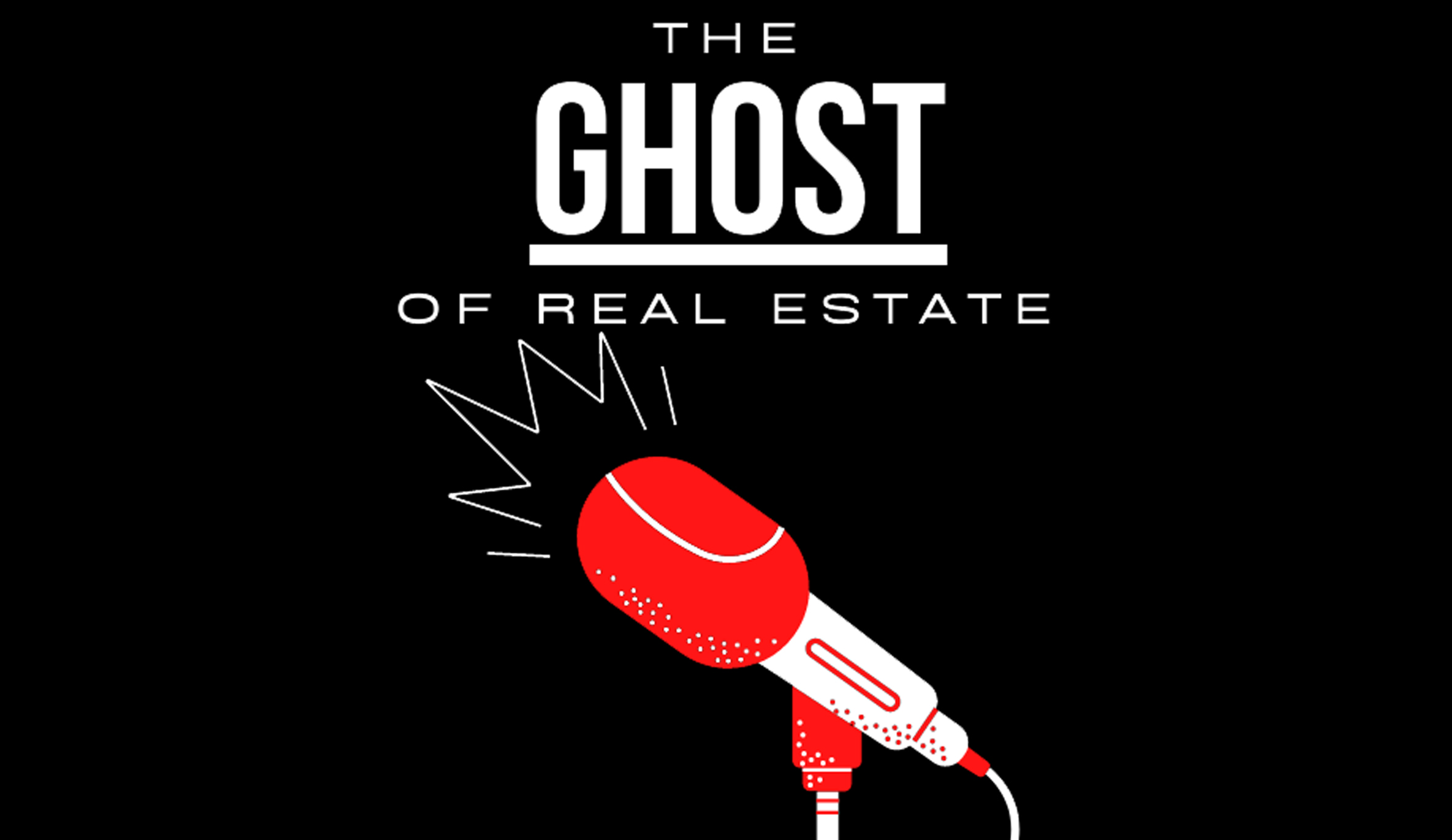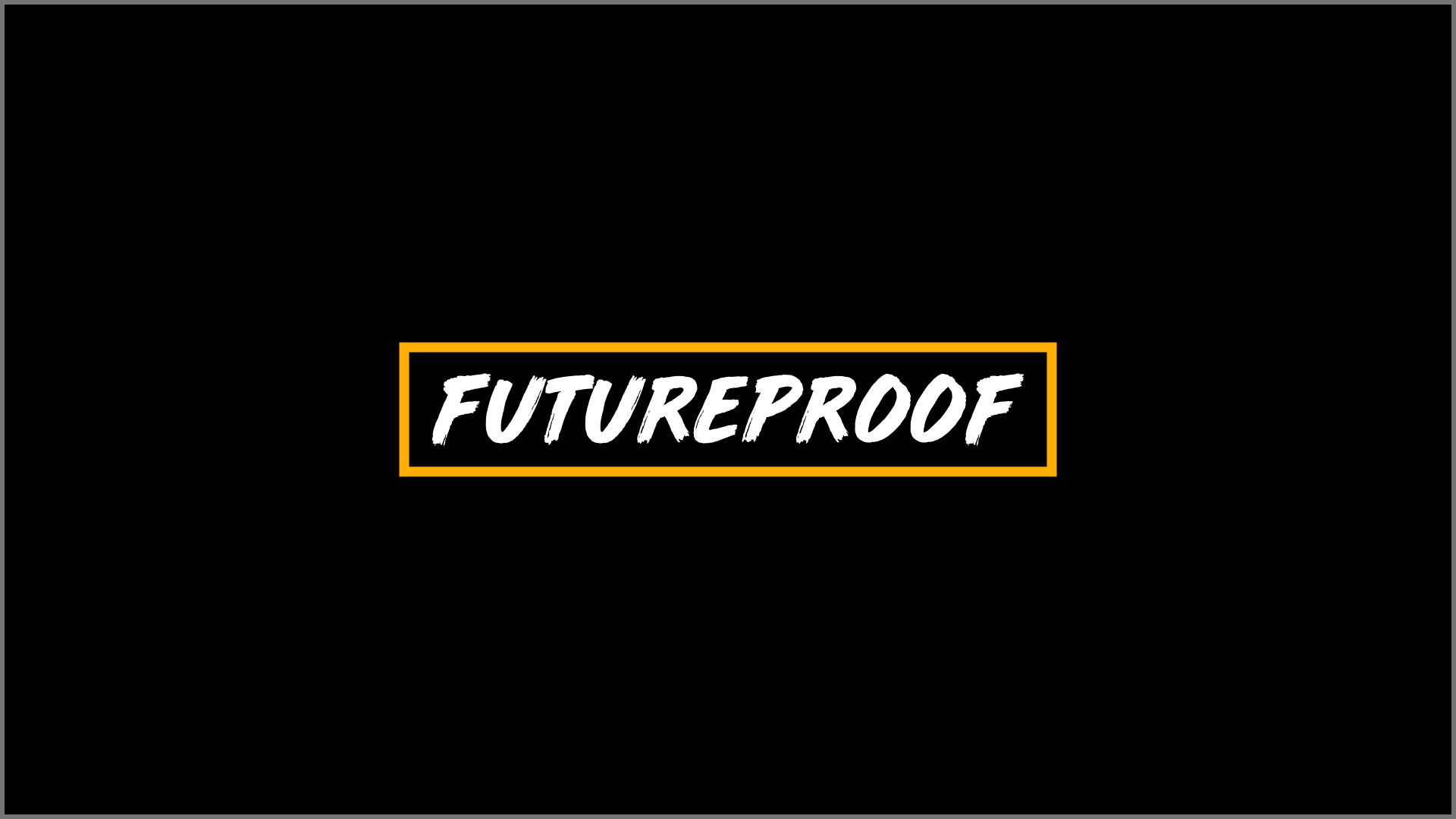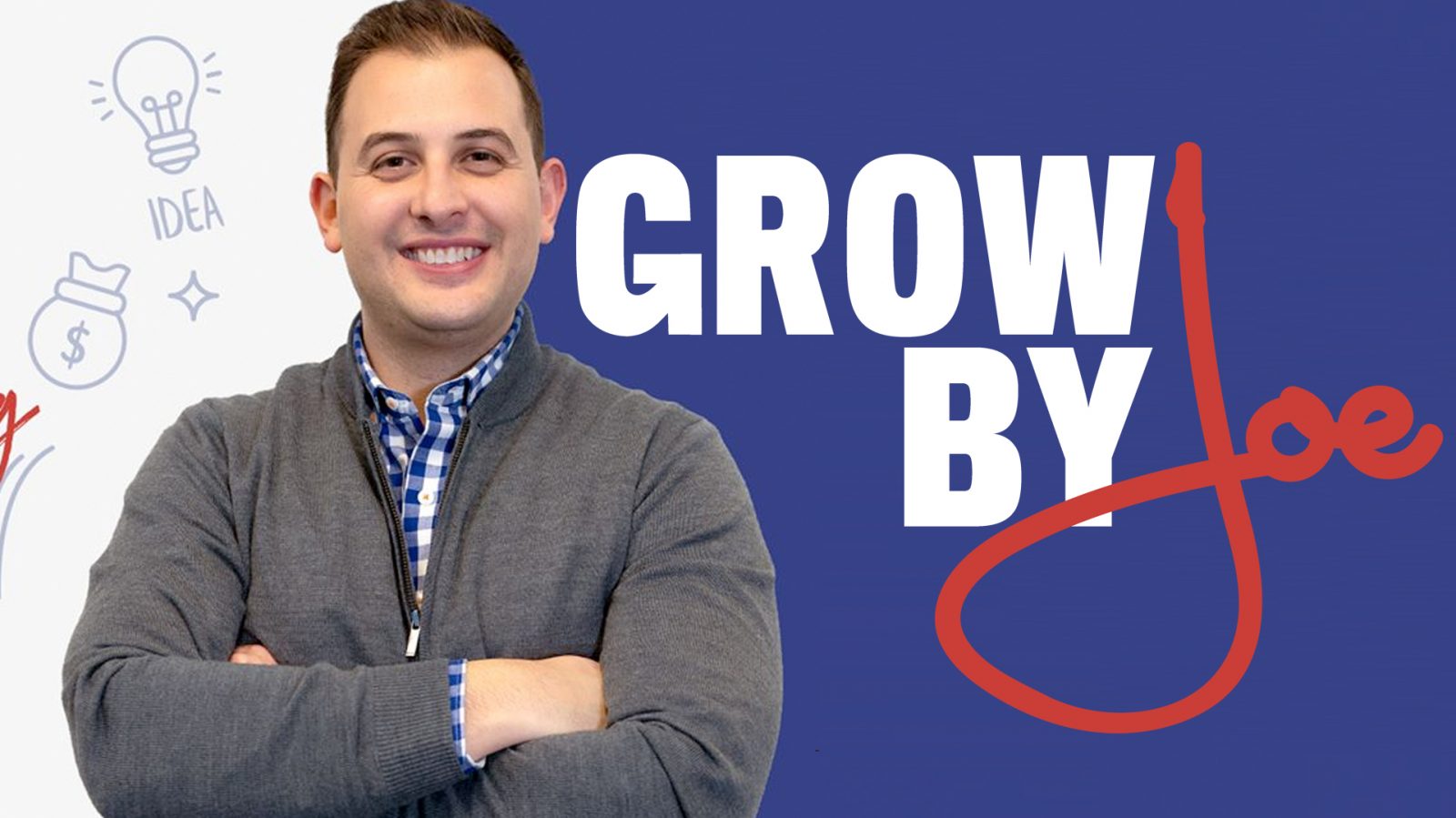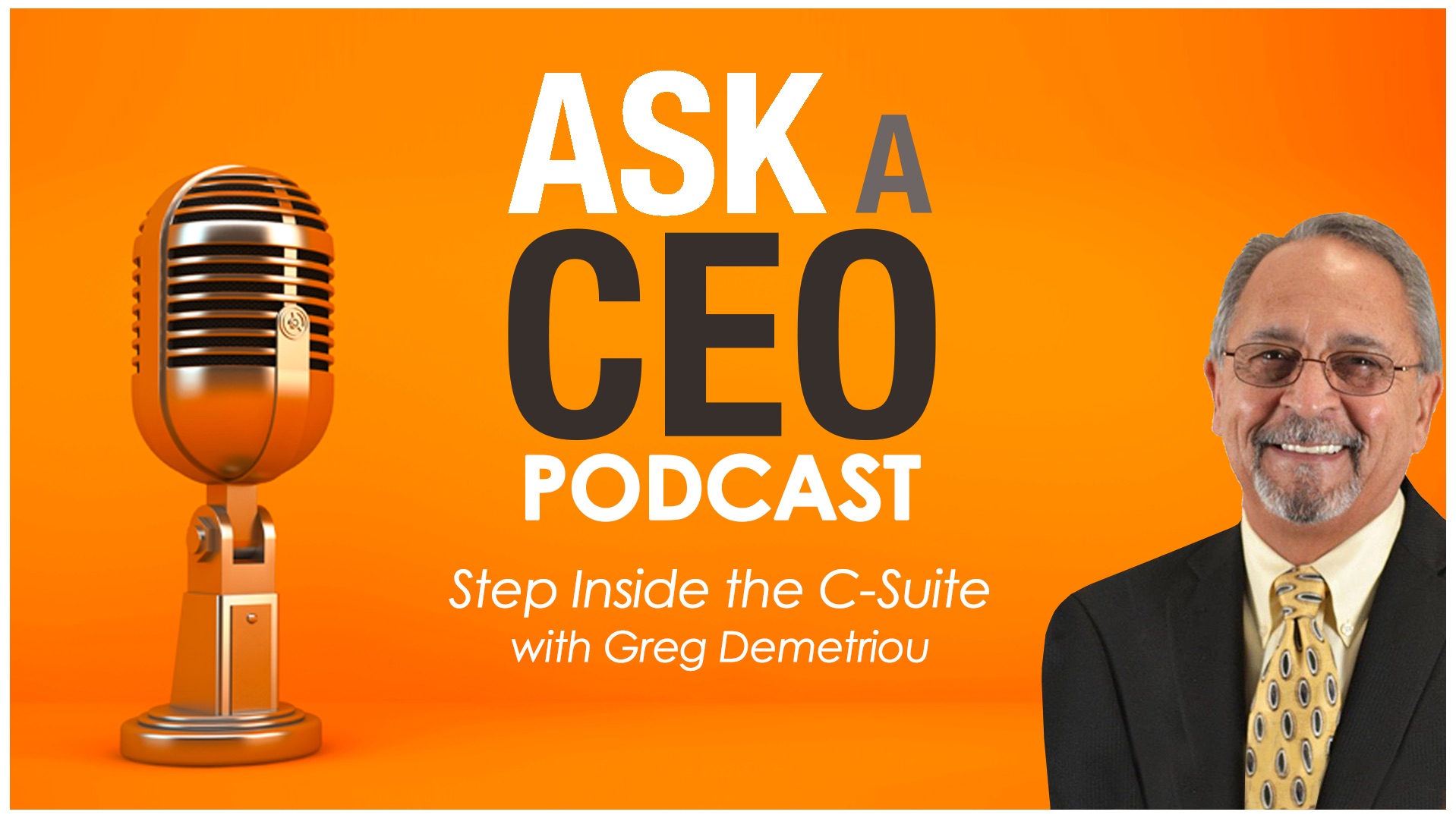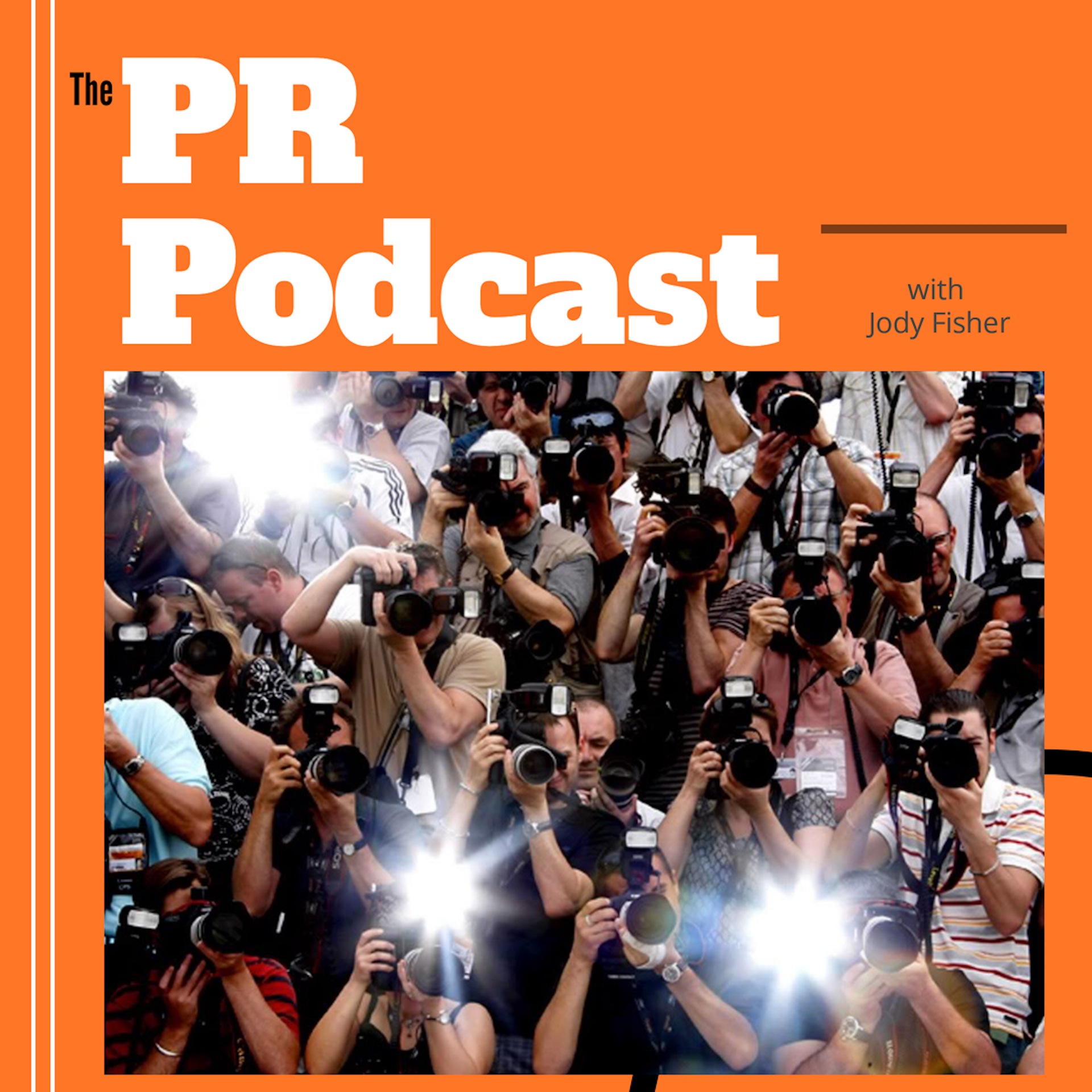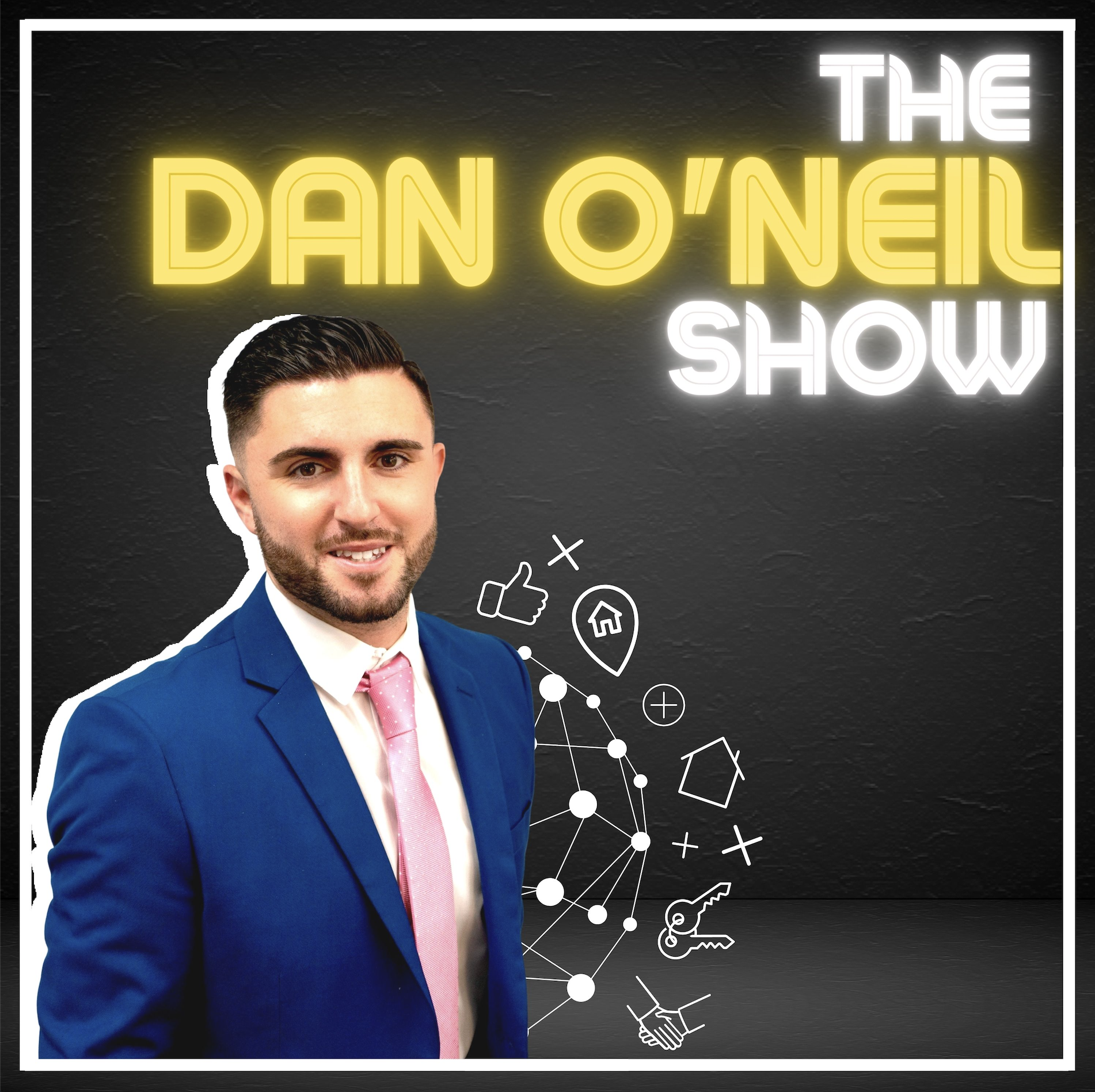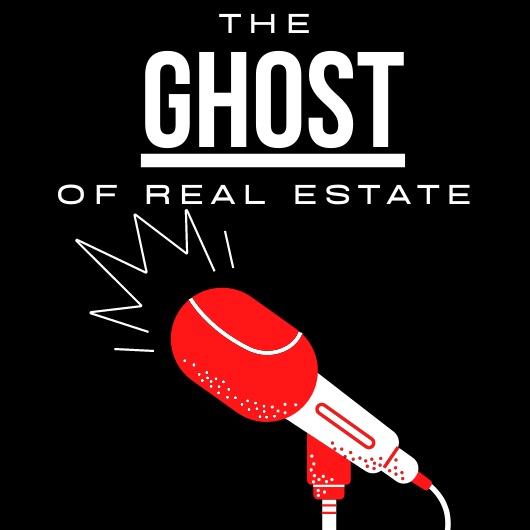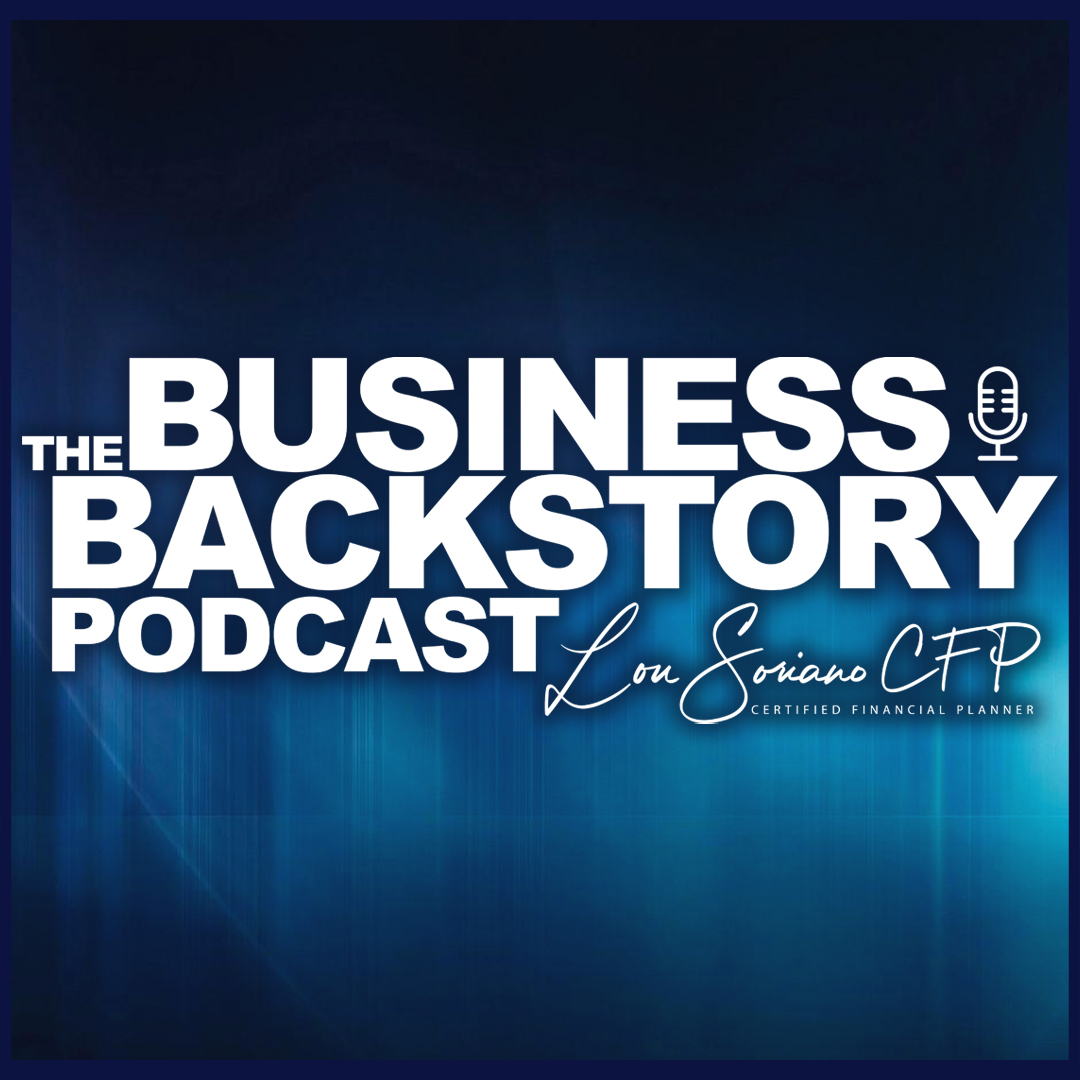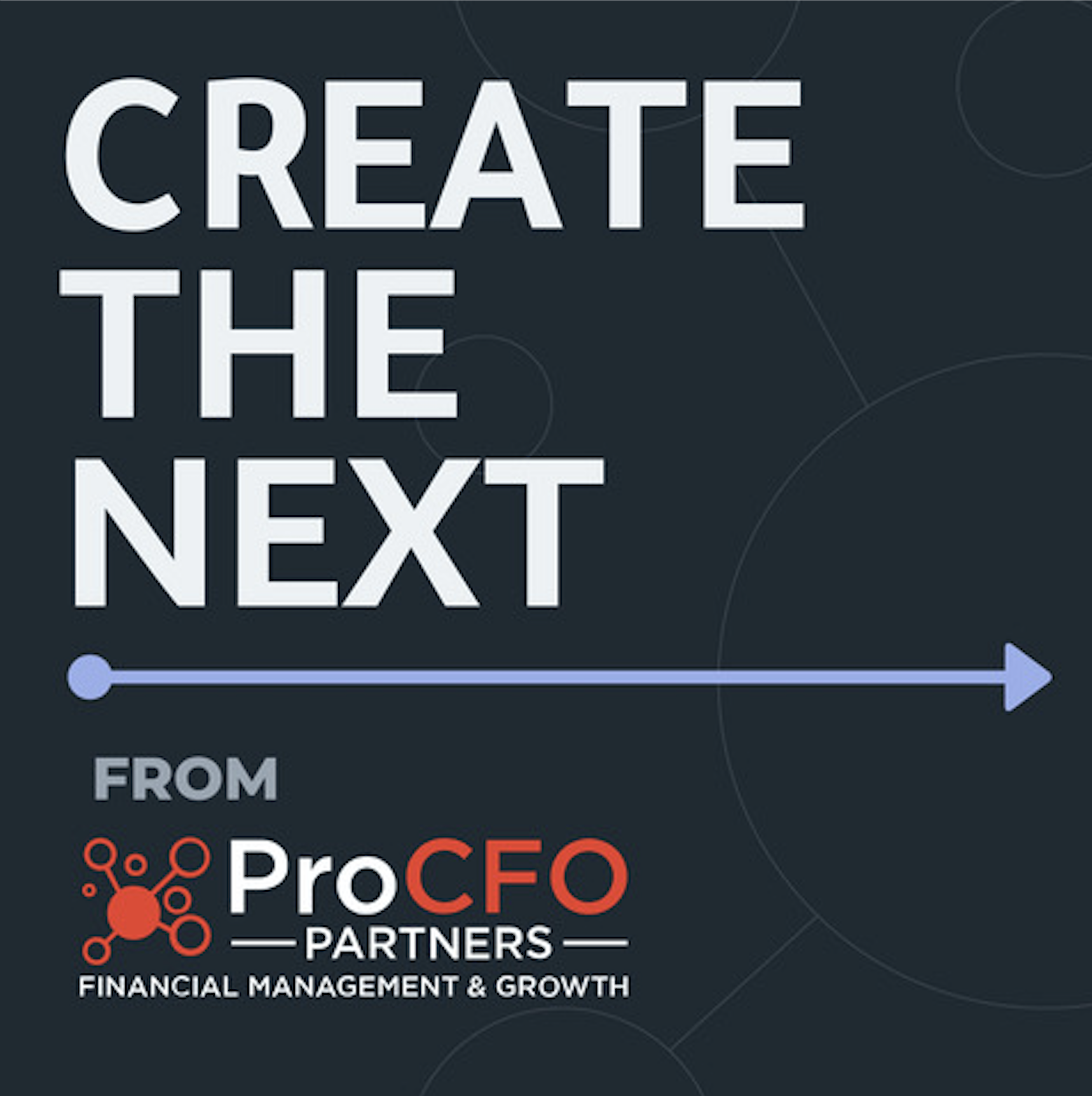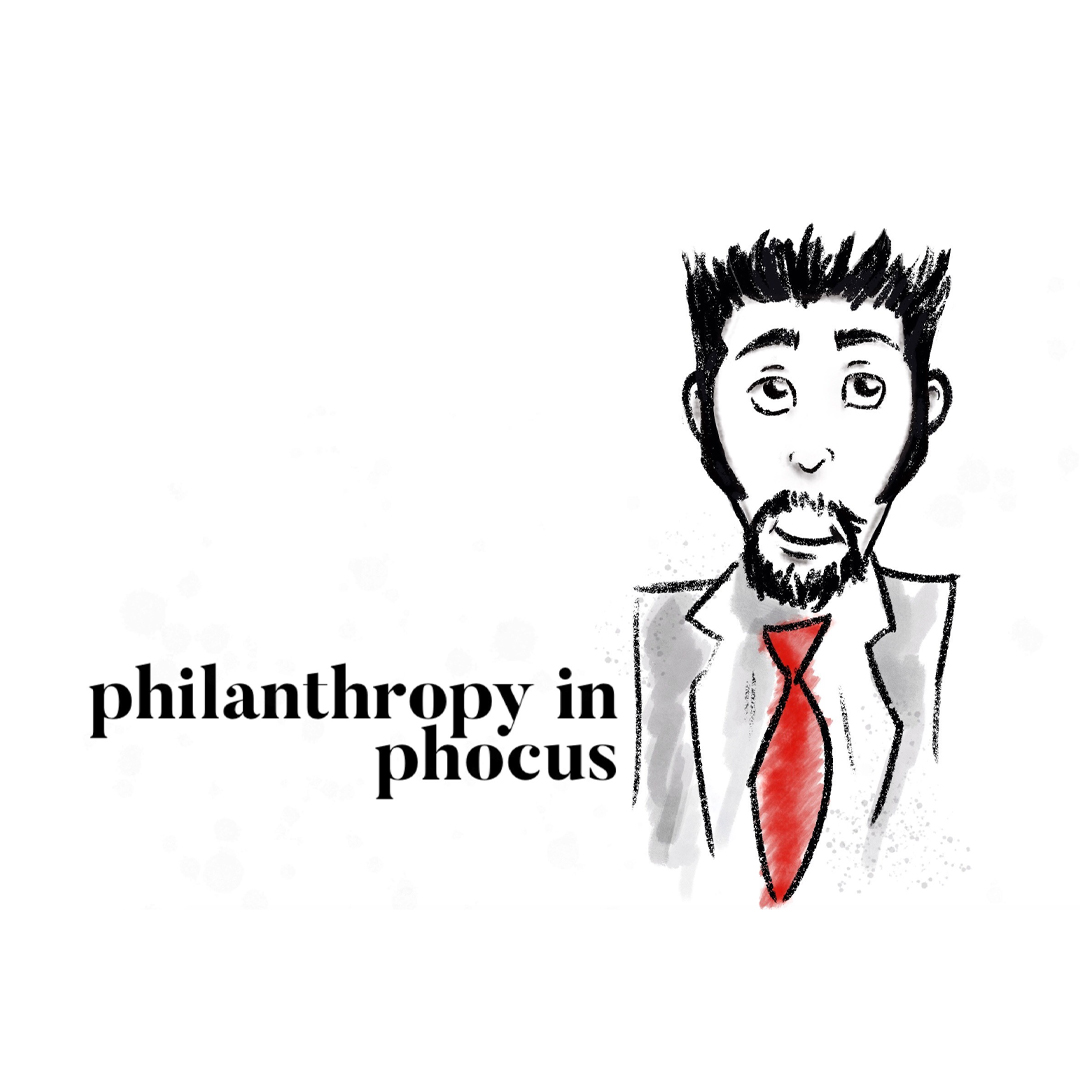
September 2020
3 Min Read
Utilizing Psychology to Drive Business
Psychology is the study of the human mind, how it functions and affects behavior. From effective leadership to understanding, hiring & motivating employees, negotiating contracts, and even marketing services to drive revenue, psychology is an integral but often overlooked aspect of business decision making. Interestingly, the concept of psychology has been used to drive decisions for centuries. Take a look at these examples:
INCREASING EFFICIENCY
One of the earliest pioneers of industrial-organizational psychology (I-O) was Hugo Munsterberg (1863 -1916). He focused on designing jobs that connected workers who were best fit for the role in order to maximize efficiency.
RECRUITING
Robert Mearns Yerkes and Walter Dill Scott made significant contributions to the American efforts in World War I. They utilized psychology to select, place, and train military recruits—as well as staffing domestic factories.
CULTURE
Determining shared values and traditions in an organization defines that organization’s identity and drives culture. One shared identity is integral to the success of a business as it provides a roadmap for values and behaviors acceptable to the organization regarding how employees and management interact and handle business transactions. Psychology can help shape a focused and lasting corporate strategy which ensures a consistent identity and maintains that identity within the firm and all its stakeholders. (Ackerman)
MARKETING
Did you know that 95 percent of our purchase decision making takes place in the subconscious mind? Harvard Business School professor Gerald Zaltman posits that probing the consumer’s unconscious mind has tremendous value beyond advertising and can help, for example, R&D teams to deeply connect products to consumers. (Harvard Business School)
NEGOTIATIONS
If we look at the core of business, it is all about relationships. Whether it be with external stakeholders, or internal culture, psychology defines how a message will be perceived and received. Utilizing psychology in negotiations is key to a favorable result. Part of this process is understanding what drives human behavior.
As you can see, psychology is not just a tool in the clinical sense. Psychology is a viable tool for businesses to add to their artillery of resources for driving decision making in all areas of business. In my area of expertise, psychology is utilized extensively from aesthetics to messaging. Marketing and psychology also have many parallels which I have been intrigued to explore. I look forward to sharing my findings with you through subsequent articles.













